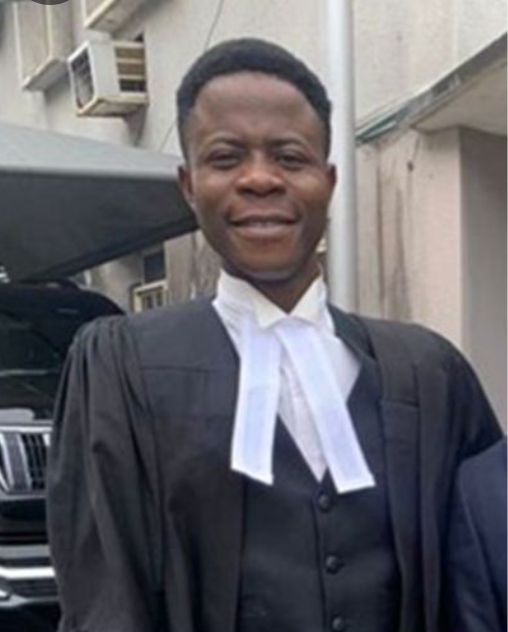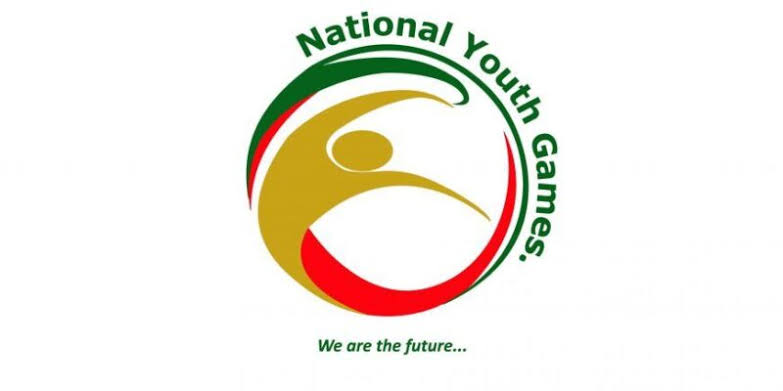
“A Calculated Villainy”: Lawyer Alleges Targeted Attack on Mohbad’s Widow Wunmi Amid Ongoing Death Inquest

In a disturbing twist to the tragic saga of late Nigerian music star Mohbad, a legal figure involved in the coroner’s inquest into his death has come forward with explosive claims. Festus Ogun, a human rights lawyer who not only wrote the Chief Coroner of Lagos but actively participated in the coroner’s proceedings, has raised serious concerns about the treatment of Mohbad’s widow, Wunmi. In a tweet that has since ignited outrage across social media, Ogun asserts that the attack on Wunmi is not only unjust but “deliberate and calculated,” suggesting that the young widow is being targeted in a broader pattern of cultural and emotional abuse.
This damning statement cuts through the thick fog of public speculation and family drama that has surrounded Mohbad’s mysterious death. Ever since the singer passed away under murky circumstances in September 2023, his widow has been at the center of a storm. From mourning wife to accused suspect, Wunmi has been subjected to online bullying, character assassination, and what many now believe is an orchestrated campaign of emotional torment.
Festus Ogun’s direct involvement in the coroner’s inquest gives his words an authoritative weight that cannot be easily dismissed. “Barely four sittings, I had an idea of how Mohbad died,” he wrote in a searing post. While stopping short of revealing specific findings, his statement implies that the circumstances of Mohbad’s death were clearer to him than the public has been led to believe. More importantly, his bold assertion — that Wunmi is being “victimized” — has sparked fresh outrage, renewed calls for justice, and a closer look at the deeply ingrained cultural prejudices that widows often face in Nigeria and across parts of Africa.
The story of Wunmi is no longer just about grief; it has become a symbol of societal rot — a chilling reminder that even in moments of sorrow, misogyny and ancient stigmas continue to thrive. As Ogun rightly pointed out, there is a long-standing, sinister tradition in some African cultures where the widow becomes the prime suspect in her husband’s demise. In many of these cultures, the woman is compelled to undergo humiliating and traumatic rituals to prove her innocence — drinking the water used to wash the corpse, sleeping beside the body, or being isolated for days. These barbaric rites are often shrouded under the guise of “tradition,” but in reality, they serve as instruments of oppression and silencing.
Wunmi’s case, as echoed by Ogun and many human rights advocates, seems to be unfolding along the same tragic lines. Accusations from family members of the late singer, cryptic social media posts, and whispers from fringe internet commentators have all formed a sinister echo chamber that paints her as the villain in her husband’s death — without a single shred of evidence being presented publicly to support such claims. The court of public opinion, it seems, has already convicted her, even as the legal process continues to unravel the facts.
And yet, amid this emotional and psychological crucifixion, very few have stopped to ask a simple question: what if Wunmi is the one who needs protecting?
Legal voices like Festus Ogun, who had a front-row seat to the unfolding investigation, seem to believe so. His words have not just exposed a targeted campaign against Wunmi but have also thrown a glaring spotlight on the role of societal complicity in enabling such abuse. Nigeria is no stranger to patriarchal constructs that reduce widows to mere footnotes in the story of their husband’s death. Instead of receiving compassion, they are often met with suspicion. Instead of support, they face isolation. In many cases, their pain is weaponized against them.
Wunmi, who had been relatively silent in the early days following Mohbad’s death, eventually opened up in an emotional interview where she described her husband’s struggles with depression, harassment from industry figures, and family tensions. But her words were quickly drowned out by online trolls and conspiracy theorists who accused her of foul play. Every move she made — from seeking custody of her son to attending legal proceedings — was scrutinized and spun into fresh allegations.
As the investigation into Mohbad’s death continues, Ogun’s remarks have shifted the narrative once again. If there is indeed a calculated attempt to vilify Wunmi, then the case is no longer just about justice for Mohbad — it is about justice for Wunmi, too. It raises uncomfortable but necessary questions: Why is the widow always the first suspect? Who benefits from her silence or public destruction? And what kind of society do we live in that allows this to happen over and over again?
Social media, a space that has the power to amplify voices and drive social change, has become both a weapon and a sanctuary in Wunmi’s story. While a section of the public continues to hound her, a growing number of Nigerians are beginning to see through the veil of bias. Hashtags in support of Wunmi are beginning to trend, petitions are circulating for her protection, and voices like Ogun’s are refusing to stay silent.
Yet, the road to justice remains uncertain. The coroner’s inquest, which has been slow and at times opaque, is still ongoing. Fans of Mohbad demand answers. Human rights advocates demand reforms. And in the middle of it all, a grieving widow stands, accused and alone.
Wunmi’s story is no longer hers alone — it has become a battle for the soul of a society that must choose between progress and prejudice. Festus Ogun’s intervention is a rallying cry, not just for her, but for every widow who has ever been stripped of her dignity in the aftermath of loss. The world is watching. Nigeria is listening. And as the truth slowly unfolds, one can only hope that justice — true justice — will no longer be a matter of cultural convenience or public sentiment, but of fact, fairness, and human decency.
In the end, the attack on Wunmi may be deliberate and calculated — but the support rising in her defense may prove even more powerful.


